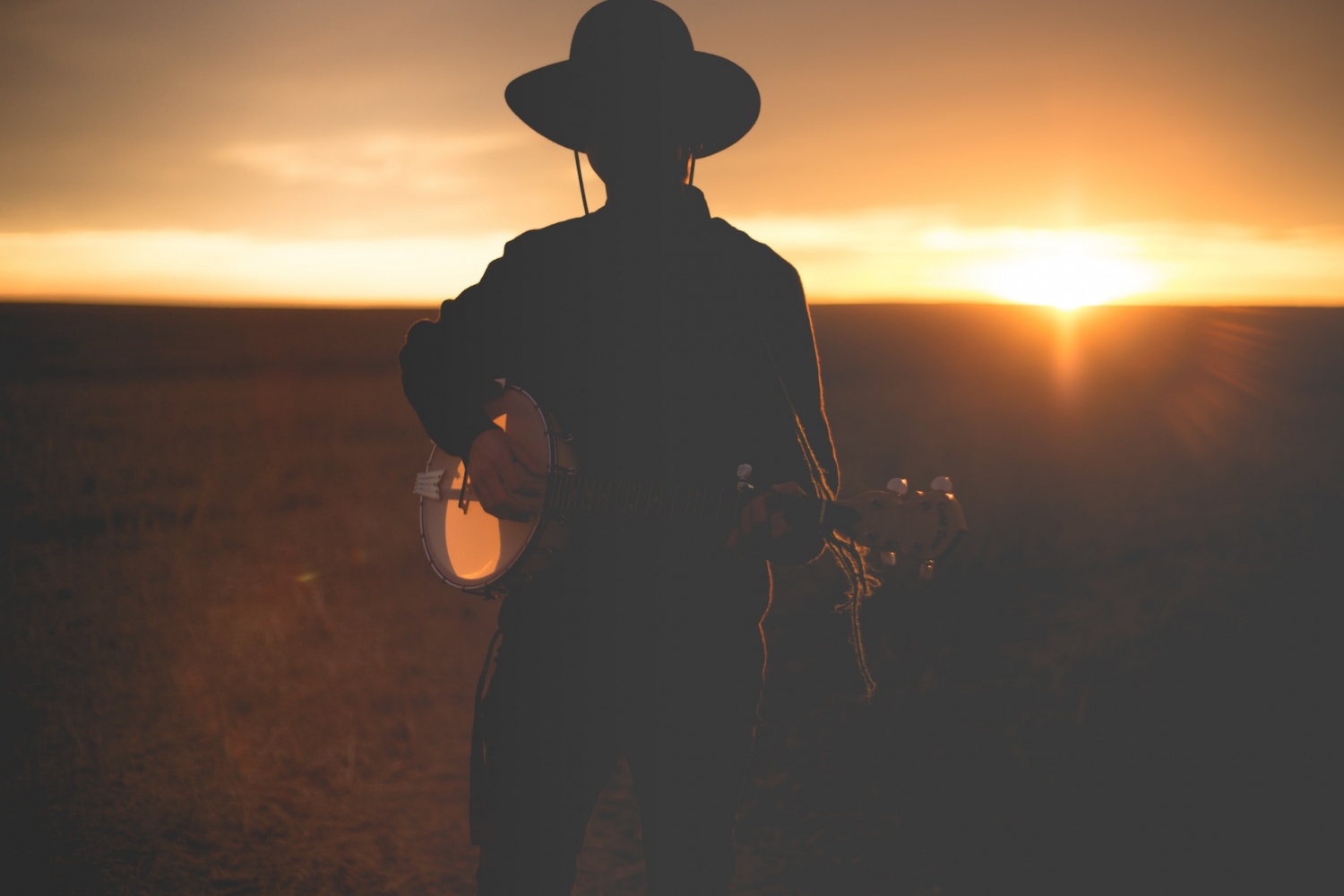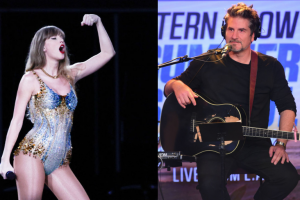
Country music is a genre that is deeply rooted in tradition. It has its origins in the rural South and is a sound that embodies the history and culture of that region. But at the same time, country music has also been a vehicle for rebellion and a means of pushing back against the status quo. From the earliest days of the genre to the present, some of the biggest names in country music have been known for their defiant spirit and their willingness to challenge conventions.
Man in Black
One of the most iconic examples of this is Johnny Cash, the "Man in Black" himself. Many younger fans may wonder, "Why did Johnny Cash go to jail?" But country fans know that Cash was never one to shy away from controversy. In many ways, he was the perfect embodiment of the rebellious spirit of country. He grew up in Arkansas during the Great Depression, and his early life was marked by poverty, hardship, and the struggle to stay alive. But despite those challenges, he never lost his sense of purpose or his belief in the power of music to inspire change.
Throughout his career, he used his music to take on topics that were often considered taboo. Songs like "Folsom Prison Blues" and "The Ballad of Ira Hayes" spoke to the experiences of those on the fringes of society, and Cash's deep, distinctive voice gave those stories a weight and gravitas that made them impossible to ignore. He often used his platform to speak out on issues that were important to him, from prison reform to Native American rights and the plight of the working class. Cash's influence on country can still be felt today, as many modern artists continue to draw inspiration from his music.
Outlaw Country
Another legendary figure in country music who embodied the spirit of rebellion was Willie Nelson. Nelson's career spans more than six decades, and over that time he has become known for his independent spirit and his willingness to take risks. In the 1970s, Nelson helped to pioneer the "outlaw country" movement, which rejected the controlling production values and mainstream appeal of much of the country music of that era. Instead, Nelson and his contemporaries like Waylon Jennings and Kris Kristofferson embraced a raw, gritty sound that celebrated the rough-and-tumble world of the American West.
For fellow Highwayman, Waylon Jennings, being rebellious was a way of life. Jennings had a long-standing reputation as one of the bad boys of country music, with a history of run-ins with the law and stubborn defiance that was evident in his music. In songs like "Lonesome, On'ry and Mean" and "Are You Sure Hank Done It This Way," Jennings celebrated the rough edge of country music, embracing the grit and swagger that had been largely absent from the genre since its commercialization. He was never afraid to speak his mind and his music reflected that fiercely independent and anti-establishment spirit.
Not Ready to Make Nice
Of course, rebellion in country music is not always celebrated or even tolerated by the mainstream. There have been many times throughout the history of the genre when artists who have spoken out on controversial topics have faced criticism or even censorship. Perhaps one of the most notable examples of this is the controversy that surrounded the Dixie Chicks in the early 2000s. In 2003, the country trio made headlines when they said that they were ashamed that President George W. Bush was from Texas, shocking many conservative fans who viewed their comments as unpatriotic.
It sparked a fierce backlash, with many calling for a boycott of their music and some even for their deportation from the United States. But rather than backing down, the Dixie Chicks doubled down, releasing an album in 2006 called "Taking the Long Way," which included songs that were critical of the Bush administration and defended the right to free speech and individual expression. The album was a commercial success, winning several Grammy Awards and cementing the Dixie Chicks' reputation as one of the most important and influential country groups of their time.
I Walk the Line
For many, country music is more than just a genre of music. Nor is rebellion in country music just about the artists themselves. It is also about the fans who identify with that spirit of free thinking and non-conformity. Country music has always had a deeply loyal fan base, and those fans are drawn to the genre precisely because of its reputation as a voice for the underdog and the outsider. It is a genre that celebrates the individual spirit and the power of freedom, encouraging its fans to question authority and to stand up and speak out for what they believe in.
From genre icons like Johnny Cash and the Dixie Chicks to contemporary artists like Sturgill Simpson and Jason Isbell, rebellion has been an integral part of country music's DNA. While it is a genre that is deeply rooted in tradition, it is always looking forward, pushing the boundaries, and challenging conventions to create something new and meaningful. So, if you would like to take a break from heartbreak and honky tonks, take some time to explore the rebel side of country music and you may just find inspiration and deeper meaning in its message.
* This is a contributed article and this content does not necessarily represent the views of musictimes.com













